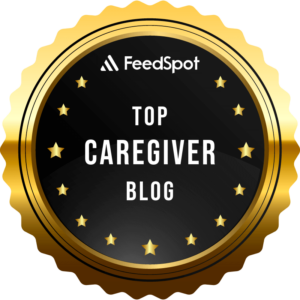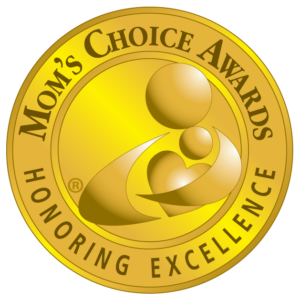
Published on:
Most caregiver support group facilitators are routinely looking for resources to share with the caregivers in their groups. It’s very helpful to have a book, a podcast episode, or maybe an article to use as a springboard for meaningful discussion at a caregiver support group. Caregiver support groups tend to cycle through many of these materials over the course of time.
Caregiving models are a unique and useful way to stimulate discussion and growth among participants in caregiver support groups. For this reason, I have created research-based caregiving models that are freely available to caregiver support group facilitators. These models transcend the various possible health conditions of the care receiver; in other words, they can be applied across the full range of family caregiving contexts. The models have been successfully deployed by caregiver support specialists in both group and one-on-one settings.
A model can serve as a lens bringing focus to something that is unclear. A model may introduce language to convey concepts or feelings that are hard to express. A model can become the basis for a shared understanding of ideas which are important for people to discuss. In light of these features, models can be tools for reflection, dialogue, and dialectical problem solving.
Models can thus be useful for both family caregivers and the people who support them. While family caregivers often struggle meeting the routine demands of care, it is frequently also difficult for them to identify, understand, or process the underlying transformations taking place in their lives. Caregiver support group facilitators are frequently called upon to help the family caregiver “make sense” of what is happening.
Accordingly, my family caregiving models are excellent tools for sensemaking. A skilled caregiver support group facilitator may use the models to frame the caregiving experience and provide opportunities for reflection, discussion, and problem solving among group members. The caregiver support group facilitator could utilize a model to extract thoughts and feelings, discover the nature of a problem, or engage in conversation about how to move forward.
The following five-step process describes how caregiver support group facilitators can use caregiving models to facilitate discussion and growth:
- Framing: the caregiver support facilitator presents the model as a way of thinking about the caregiving experience.
- Contextualizing: the caregiver support facilitator shows how the model can be applied in the context of the family caregiver’s current situation.
- Prompting: the caregiver support group facilitator asks questions and makes comments to help the family caregiver engage in thoughtful reflection.
- Thinking: the family caregiver and the support facilitator “let their minds flow” about how the model can be further applied.
- Goal-setting: after sufficient thinking, the support group facilitator helps the family caregiver identify goals, or next steps, on how to move forward in their experience.
It’s important to mention that this can be viewed as an iterative cycle. Rather than completing a “one-and-done exercise,” it is more effective to repeat the five-step process with a caregiving model on a reasonably recurring basis to guide a family caregiver over the long trajectory of caregiving experience. In this regard, models also hold the potential to help support facilitators in their ongoing efforts to review or evaluate a family caregiver’s progress.
While this article focuses specifically on caregiver support group facilitators, there are many others who assume professional responsibility for clients that may be struggling in family caregiving situations. Therapists, counselors, social workers, and others may find the models helpful insofar as they enable the practitioner to 1) use shared language to analyze the situation with the family caregiver, 2) listen to the family caregiver’s thoughts, and 3) bring professional guidance to the discussion.
If you are a caregiver support group facilitator who wishes to systematically use these models as a tool for discussion and growth among your family caregivers, please let me know. I will be happy to assist you.
Finally, if you’ve read this far, then please allow me to tell you that I’m currently seeking caregiver support group facilitators across the world who would be interested in participating in a future research project. If this interests you, please send an email directly to me at [email protected].
———————————————————————————————————————————————–
If you’d like to speak with Dr. Blight about your efforts to organize or lead a caregiver support group, please do not hesitate to contact us.
Posted in Caregiving






